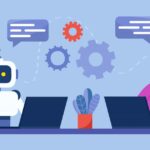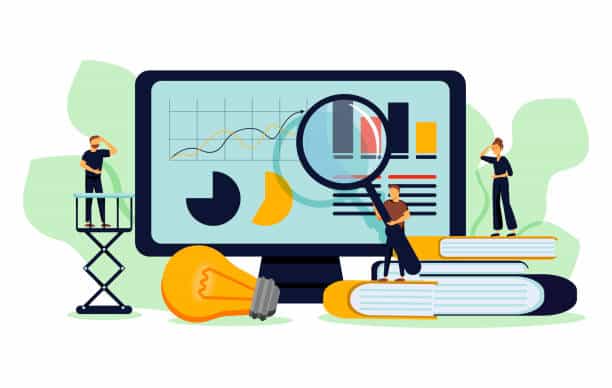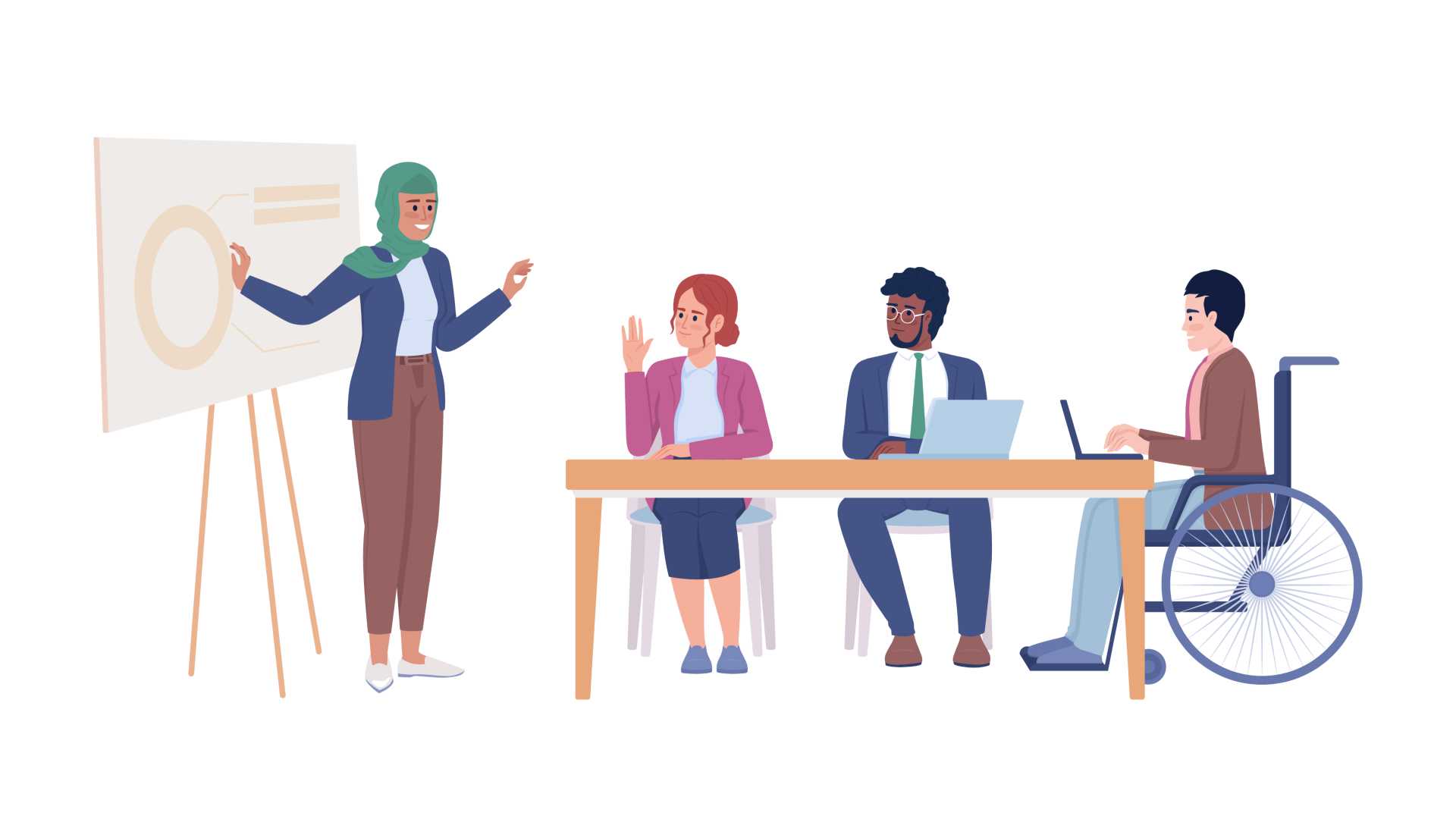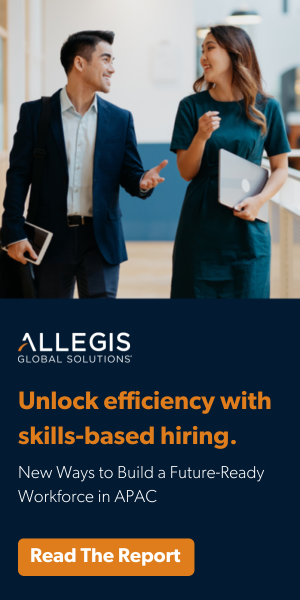In terms of how organisations find and keep talent , digital technologies are becoming increasingly integrated into our daily work practices. However, amidst the marvels of innovation lie socio-economic implications that demand careful consideration.
Understanding digital transformation in TA
The human impact of digital transformation in talent acquisition is profound and multifaceted. For starters, the integration of AI and digital tools has significantly streamlined the recruitment process, making it faster and more efficient. Companies like Electrolux have witnessed a notable reduction in incomplete applications and a decrease in time to hire since adopting AI-powered recruitment platforms. This not only enhances the efficiency of the recruitment process but also improves the candidate experience by offering a more seamless application process.
However, it’s crucial to remember that while AI excels at handling repetitive tasks and sifting through vast amounts of data to identify suitable candidates, it cannot replace the nuanced understanding and empathetic connection that human recruiters bring to the table. The human touch remains indispensable, especially when it comes to making candidates feel valued and understood. This emotional resonance can be the deciding factor for a candidate choosing one company over another.
In essence, while digital tools and AI are reshaping talent acquisition by making processes more efficient and inclusive, the human element remains irreplaceable. The challenge and opportunity lie in finding the right balance between leveraging technology and maintaining the personal touch that distinguishes a good hiring experience from a great one.
Displacement or job creation?
One of the most significant implications of digital transformation is its impact on the socio-economic landscape, particularly in terms of job displacement. Automation and AI are streamlining processes, leading to concerns about the erosion of traditional employment opportunities in sectors susceptible to automation. However, amidst these challenges, new avenues for employment and innovation are emerging, offering promising career prospects in emerging sectors like data analytics and cybersecurity.
Embracing change and reskilling
The shift towards re-skilling and embracing the changes brought about by AI and digitalisation is not just inevitable, it’s essential. The landscape of work is transforming at an unprecedented pace, driven by technological advancements. The Future of Jobs Report by the World Economic Forum underscores the urgency of this shift, projecting that a significant portion of the workforce’s core skills will be disrupted by technological change within this decade.
Moreover, embracing AI and digitalization opens the door to skills-first hiring, which can significantly enhance diversity and inclusivity in the workplace. By focusing on the skills and potential of individuals rather than traditional credentials, companies can tap into a broader talent pool. This approach not only addresses talent shortages but also promotes a more equitable and dynamic labour market.
In essence, the shift towards re-skilling and embracing AI and digitalization is a transformative force that can drive growth, innovation, and inclusivity. It’s about leveraging technology to not only enhance business outcomes but also to enrich the work experience for individuals.
The opportunities
Despite the challenges posed by digital transformation, it also presents unprecedented opportunities for innovation, growth, and progress. Seizing these opportunities will be essential for organisations and individuals alike to thrive in a skills scarce TA market.
Moreover, the digital transformation has democratised access to opportunities. AI-driven tools and platforms enable talent from diverse backgrounds to be discovered based on their skills and potential, rather than being overlooked due to traditional biases. This shift towards a more inclusive and equitable recruitment landscape is a significant human impact of digital transformation.
Ken Brotherston, CEO at TALiNT Partners commented: “The integration of AI into the workplace is reshaping roles, creating new ones, and, frankly, making some obsolete. This isn’t a cause for alarm but a call to action. Organisations and individuals alike must adopt a mindset of continuous learning and adaptability. The benefits of creating a culture of continuous learning are immense, not just for organisational success but also for employee career development. Opportunities to learn and grow are now the top drivers of an exceptional work culture.
This isn’t just about keeping up; it’s about staying relevant and competitive in a rapidly evolving market.”
Join the discussion
TALiNT Partners are delighted to be collaborating with Future Talent Learning to co-host Digitalisation and Humanisation Conference 2024, where topics such as the effect of digitalisation on Talent Acquisition will be discussed.
As the digital and human spheres increasingly converge there are obvious opportunities for productivity increases in our workplaces, as well as risks.
Join 600 HR, TA, Learning and Business Leaders to gain valuable insights from thought leaders and practitioners from the worlds of science, technology, business, academia and the arts to help you navigate the changing world of work.
To book your place and join the conversation, click here.











